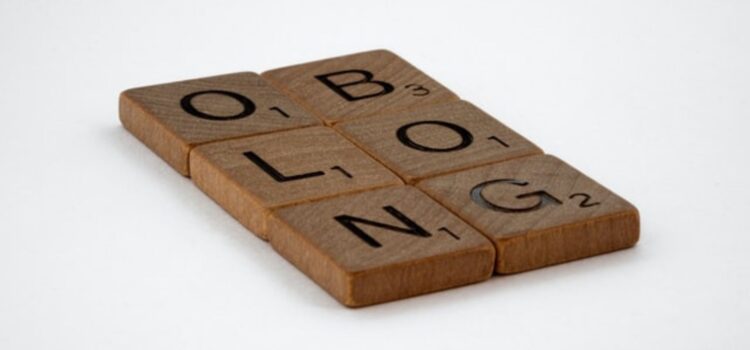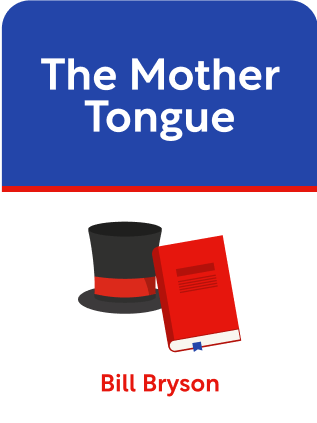

This article is an excerpt from the Shortform book guide to "The Mother Tongue" by Bill Bryson. Shortform has the world's best summaries and analyses of books you should be reading.
Like this article? Sign up for a free trial here .
Do you enjoy coming up with fun and witty puns? What are the different types of wordplay in English?
The flexibility of the English language affords ample opportunity for creative wordplay. Besides puns and rhymes, some of the most notable forms of English wordplay include palindromes, anagrams, lipograms, and holorimes.
Here are some fun English wordplay techniques for you to try.
English Is a Treasure Chest of Wit and Wordplay
As evidenced by the popularity of crossword puzzles and anagrams in the United States and Great Britain, wordplay is highly popular in the English-speaking world. Of course, it’s not just English. There’s evidence of wordplay in much older languages, going all the way back to Ancient Greek palindromes and anagrams. There’s even evidence for them in the text of the Bible! But they have a long tradition in our language as well. Some of the earliest Old English poets like Cynewulf wrote acrostics, in which the first letters of each line of verse, when put together, form a word or phrase. Shakespeare also loved his puns, with his works containing over 3,000 of them.
Palindromes, Anagrams, and Lipograms
The forms of English wordplay are greatly varied. Palindromes (sentences spelled the same backwards and forwards) are among the most creative and most challenging to write. Consider how difficult it is to come up with a palindrome like “Rise to vote sir” or “A nut for a jar of tuna” that satisfy this criteria and form coherent statements.
Anagrams (words or phrases made from rearranging the letters of other words and phrases) are also highly popular. Thus, one can turn Emperor Octavian into “Captain over Rome” or Osama Bin Laden into “Is bad man alone.”
Or, if you’re feeling up to it, you can challenge yourself to a lipogram, a sentence written without using a particular letter. Indeed, the French author Georges Perec once wrote an entire novel without using the letter e.
Holorimes
Pop music is a great source of another type of wordplay, the holorime. These are phrases that sound similar phonetically, but can be written using different words and form sentences with completely different meanings. If you’ve misheard Jimi Hendrix saying “Scuse me while I kiss this guy” or mistaken the opening verse of the US national anthem as “Jose, can you see…” then you’re familiar with holorimes.
Cockney Rhyming Slang
Perhaps the most famous wordplay in spoken English is the phenomenon of cockney rhyming slang. This is a linguistic characteristic specific to the cockneys of London’s East End, believed to have started around the mid-19th century. In this rhyming slang, the speaker replaces a word (like mate) with a multi-word phrase (like china plate), the last word of which rhymes with the word that’s been replaced. Thus, “How are you, mate?” would become “How are you, china plate?”
But in reality, it goes a step further. The second, rhyming word is often dropped. Thus, “How are you, mate?” would really become “How are you, china?” This renders the etymology of these phrases deeply obscure and often baffling to outsiders.

———End of Preview———
Like what you just read? Read the rest of the world's best book summary and analysis of Bill Bryson's "The Mother Tongue" at Shortform .
Here's what you'll find in our full The Mother Tongue summary :
- How English became a global language
- How the invention of the printing press led to standardization of written English
- Why English dictionaries are the most comprehensive found in any language






